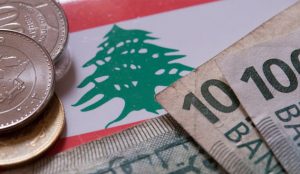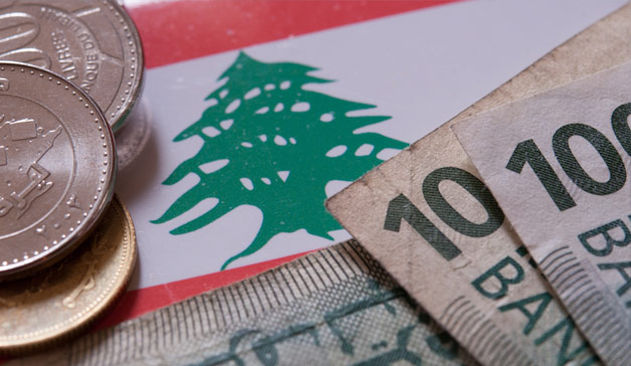 Saudi Arabia is frustrated at the rising influence of Hezbollah and its Christian allies in Lebanon. The recent resignation, announced from Riyadh, by Prime Minister Saad Hariri bodes ill for Lebanon’s struggling economy.
Saudi Arabia is frustrated at the rising influence of Hezbollah and its Christian allies in Lebanon. The recent resignation, announced from Riyadh, by Prime Minister Saad Hariri bodes ill for Lebanon’s struggling economy.
In an interview with Future television few days ago, Hariri warned that Hezbollah actions in the region could trigger the wrath of Saudi Arabia and other Gulf states, which may retaliate through economic sanctions that will end up affecting the whole country as well as the large Lebanese diaspora in the GCC countries.
The same concerns echo among Lebanese politicians and economists who see an impending blockade by Saudi Arabia and its allies following the example of the measures they have taken against Qatar.
While Qatar has been able to survive the blockade thanks to its oil and gas mantra, cash-strapped Lebanon seems little equipped to deal with such an economic shock.
Up to 400,000 Lebanese work in the Gulf region, and remittances flowing back into the country, estimated at $7 to 8 billion a year, are a vital source of cash to keep the economy afloat and the heavily-indebted government functioning.
A Lebanese source familiar with Saudi thinking, told Reuters that Hariri’s interview “gave an indication of what might be waiting for us if a real compromise is not reached. The playbook is there in Qatar.”
Clearly, the Saudis want Lebanon to be dissociated from Hezbollah for sanctions to be averted. Saudi Arabia has long criticized Iran of empowering Hezbollah, which has a foothold in the Syrian war, in Iraq and in Yemen as well from which a ballistic missile targeting Riyadh was fired recently.
The Saudi goal from imposing sanctions is to weaken Hezbollah at home through inflicting serious economic damage to Lebanon.
